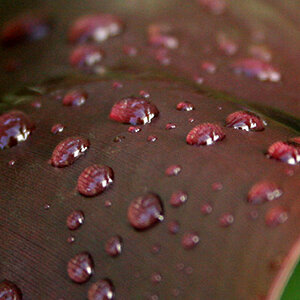I have just bought a DSLR with the lens: Canon EF28-135mm f3.5-5.6 (72mm). I have picked up that I think I need to get a UV filter to protect it from scratches etc, but which one? Buying the filter seems more confusing than buying the lens! Is buying Canon filters better than buying a filter from say Hoya? If Hoya, which one of their UV filters?
Help would be much appreciated.
Thanks,
Phil
Help would be much appreciated.
Thanks,
Phil


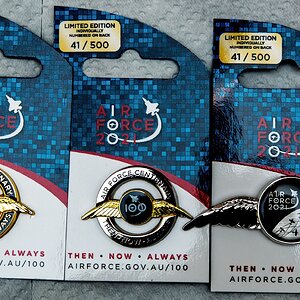
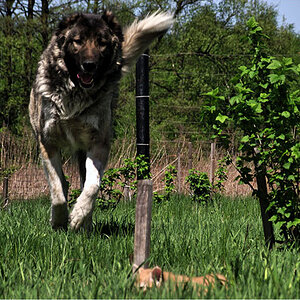
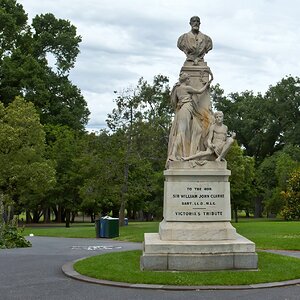

![[No title]](/data/xfmg/thumbnail/37/37605-90c8efaef5b7d1f52d4bf8e7dfd33673.jpg?1619738148)
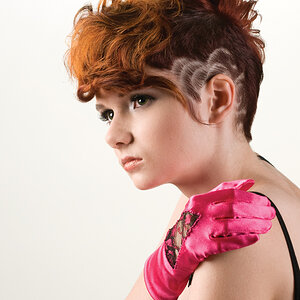

![[No title]](/data/xfmg/thumbnail/31/31011-439c1242fe08cf6b54f32bf06523a567.jpg?1619734567)

![[No title]](/data/xfmg/thumbnail/37/37606-3c9ffb5906173fa2aa489341967e1468.jpg?1619738148)
